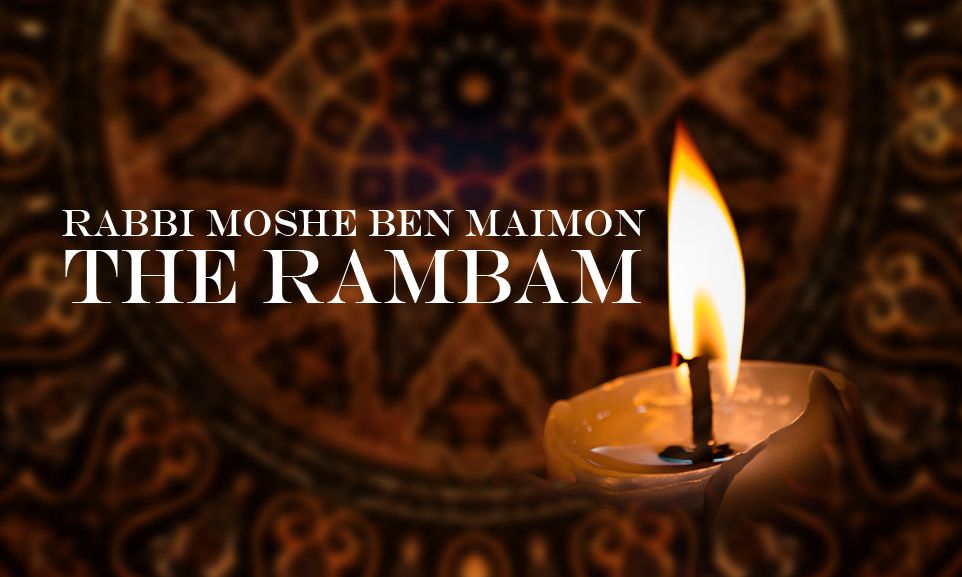
Rabbi Moshe ben Maimon – The Rambam
Date of Passing: 20-Tevet. Moses Maimonides is known as the greatest Jewish philosopher and codifier of Jewish law in history. Includes VIDEO about the RAMBAM and child education.

(1135 – 1204)
Moses Maimonides is known as the greatest Jewish philosopher and codifier of Jewish law in history. Born in Cordoba, Spain on the 14th of Nissan, he was forced to flee from fanatical Moslem sect (the Almohades) at the age of thirteen. He traveled with his family to North Africa, and ten years later to Palestine. As a result of the devastation left by the Crusaders, Palestine was virtually uninhabitable, forcing the family to move to Fostat (current day Cairo).
Throughout these journeys, the young Maimonides concentrated on Torah studies under the guidance of his father. By the time they reached Fostat, he had become a famous scholar. Supported by his merchant brother, the Rambam was able to write copiously, gaining international acclaim in both Jewish and secular fields of knowledge. After the tragic death of his brother, the responsibility of supporting his family fell on the Rambam’s shoulders. Through the Rambam’s, fame he was appointed chief physician of the Sultan. His principles of health and nutrition are still relevant today.
The workload that Maimonides carried was immense. He held responsibilities to the royal family, to the entire Egyptian community as the official Nagid (royally appointed leader), and to world Jewry (to answer their halachic questions in responsa). Nevertheless, during this period the Rambam was remarkably able to complete some of his greatest Jewish works, including his philosophical work Moreh Nevuchim (Guide for the Perplexed) and his magnum opus Mishna Torah, which was the great codification of all Jewish law.
While he was considered an undisputed leader of world Jewry at the time, there was bitter opposition to much of his works because they incorporated Aristotelian philosophy that went against the traditional purist ideology of much of Ashkenazi Jewry. Additionally, others believed his codifications would make much of the role of the rabbi and the oral tradition obsolete. He did not quote his sources in the Talmud with his Halachic decisions, which engendered the fear that this would discourage people from studying the Talmud, and he seemed to be too involved with Greek philosophy. He was also criticized by some who misinterpreted his works for not believing in the Resurrection of the Dead.
Maimonides passed away on the 20th of Tevet in Fostat, Egypt. He is buried in Tiveria, Eretz Yisrael. Inscribed on his tombstone: From Moshe (Rabbeinu, in the Bible) till Moshe (ben Maimon), there arose none like Moshe.
Watch a 50-minute video by Rabbi Arush (translated by Dayan Elgrod) about the RAMBAM and child education today.
**
Source: Leaders in the Diaspora


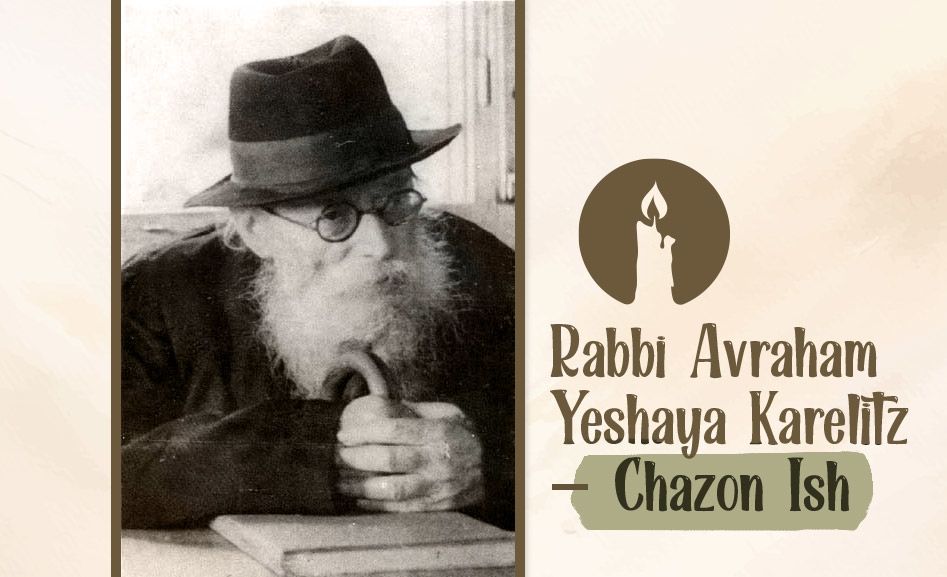

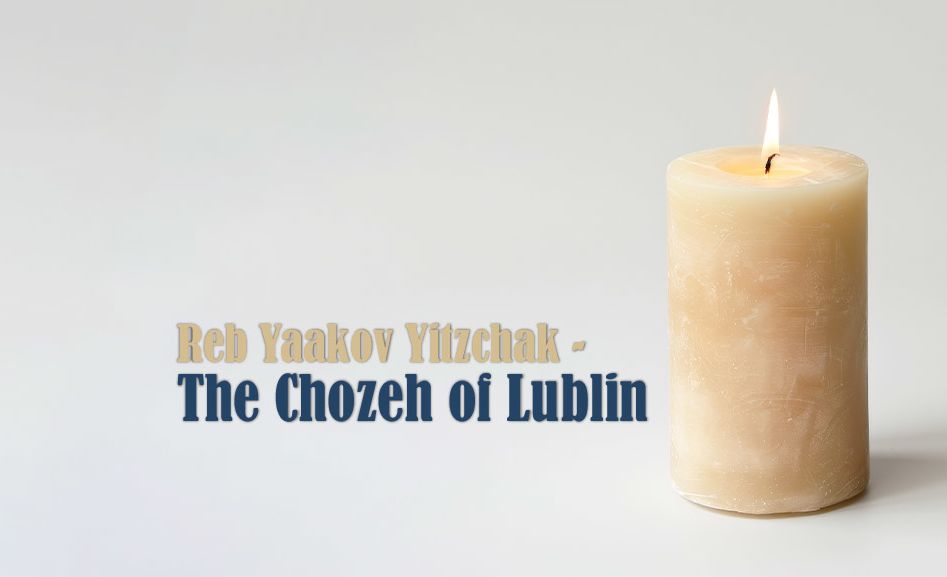

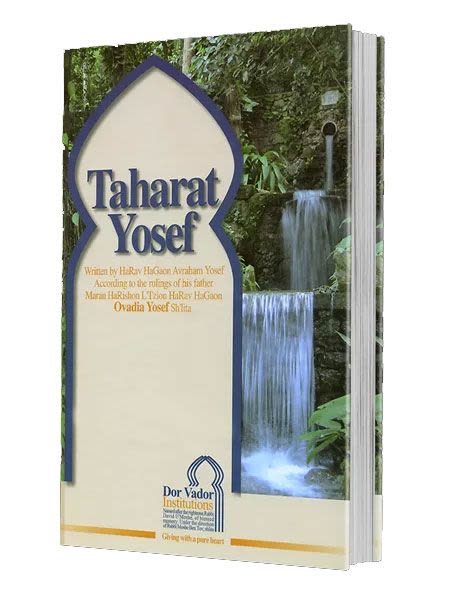


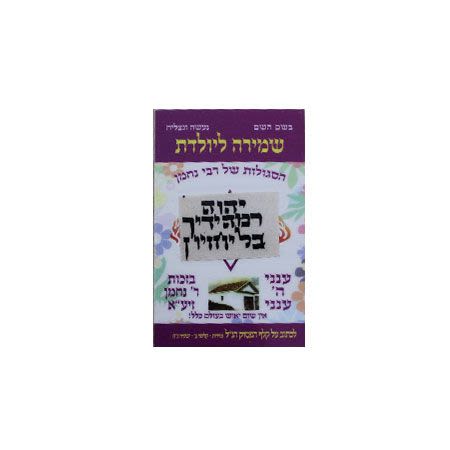
12/31/2023
Blessed, osher, ahava, shalom for all am Israel around the world. Thank you!